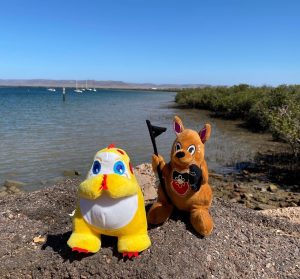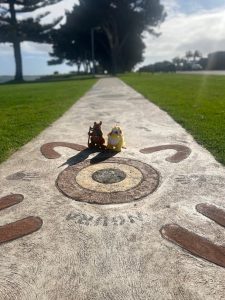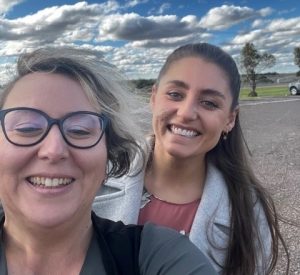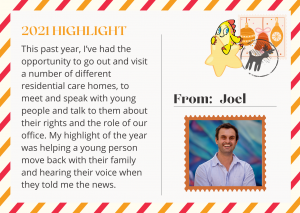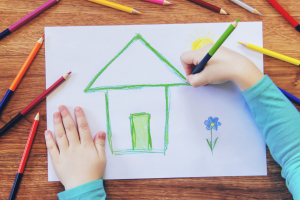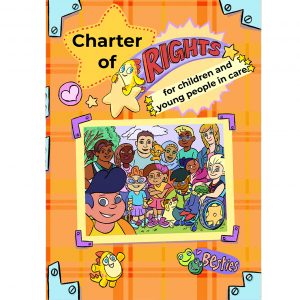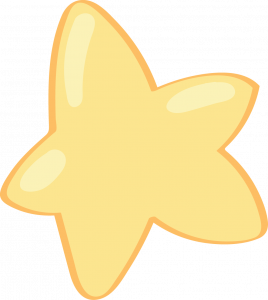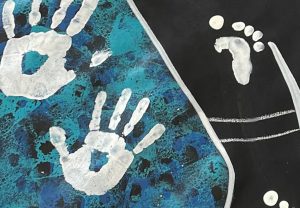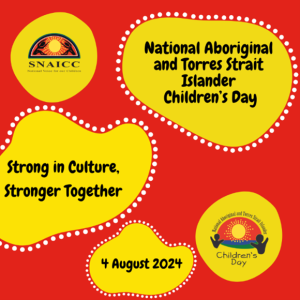
Celebrating Aboriginal Children’s Day – Strong in Culture, Stronger Together
Yesterday, August 4, was National Aboriginal and Torres Strait Islander Children’s Day.
This year’s theme is ‘Strong in Culture, Stronger Together.’ This theme elevates the intention of this day, focusing on the strength of children that comes from their connection to culture and mob!
